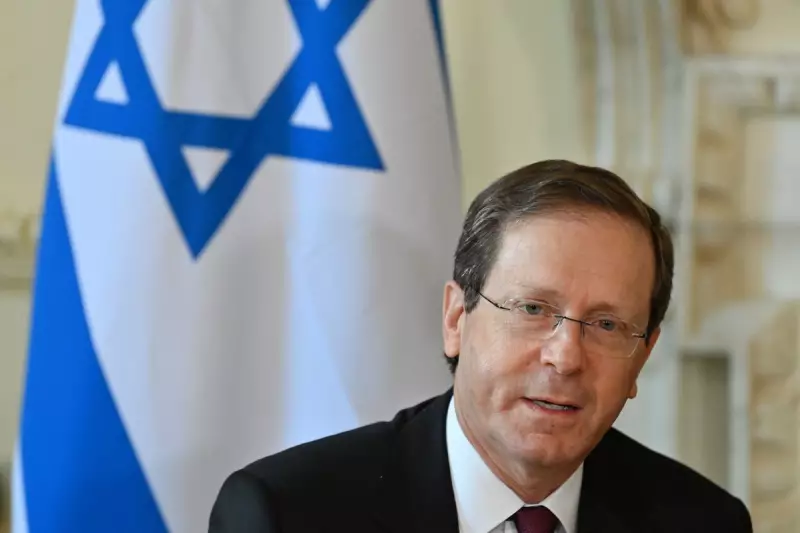
In a striking display of internal dissent, Labour's Shadow Health Secretary Wes Streeting has openly defied the party leadership's stance on the Israel-Gaza conflict. The move creates a significant rift with Sir Keir Starmer and exposes the deep divisions within the party over its foreign policy direction.
Mr Streeting's comments, made during an interview with The Independent, directly contradict the official Labour position that has been a source of controversy since the outbreak of the war. He emphasised the necessity of a "ceasefire that lasts" and expressed grave concerns over the devastating humanitarian crisis unfolding in Gaza.
A Public Challenge to Party Leadership
This public disagreement marks one of the most significant challenges to Sir Keir Starmer's authority from within his own top team. While the Labour leader has faced criticism from backbenchers and the left of the party, a shadow cabinet member breaking ranks on such a high-profile issue is a far more serious matter.
Mr Streeting stated his position clearly, saying, "We all want to see an end to the fighting. We want to see a ceasefire that lasts. That's why the UK Government should be pushing for a sustainable ceasefire." He went on to describe the situation in Gaza as "intolerable," highlighting the "humanitarian crisis on the ground."
The Backdrop of Internal Labour Tensions
The Israel-Gaza conflict has been a political lightning rod for Labour, testing the unity of Starmer's project. The party's initial response, perceived by many as overly supportive of Israel's military actions, led to mass resignations of councillors, anger from Muslim communities, and a drop in polling numbers.
Sir Keir Starmer has since shifted his language, calling for a "sustainable ceasefire," a move seen as an attempt to quell the internal rebellion. However, Mr Streeting's decision to voice a stronger, more critical position suggests that the leadership's attempts to placate all sides may be failing.
This public split underscores the delicate balancing act Starmer faces in managing his party. With a general election looming, maintaining a united front is crucial, yet the profound moral and political questions raised by the conflict continue to create powerful fault lines within Labour.





